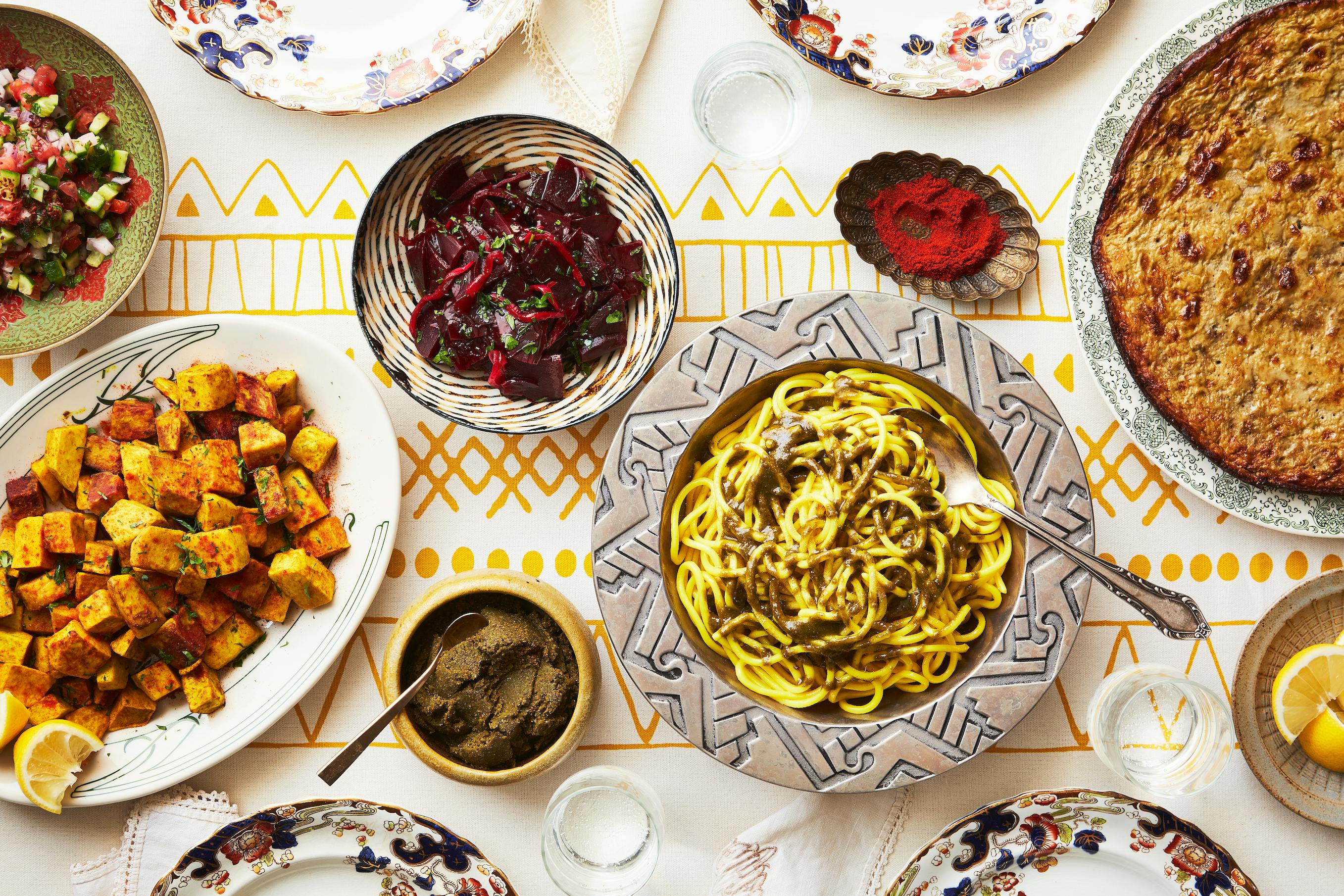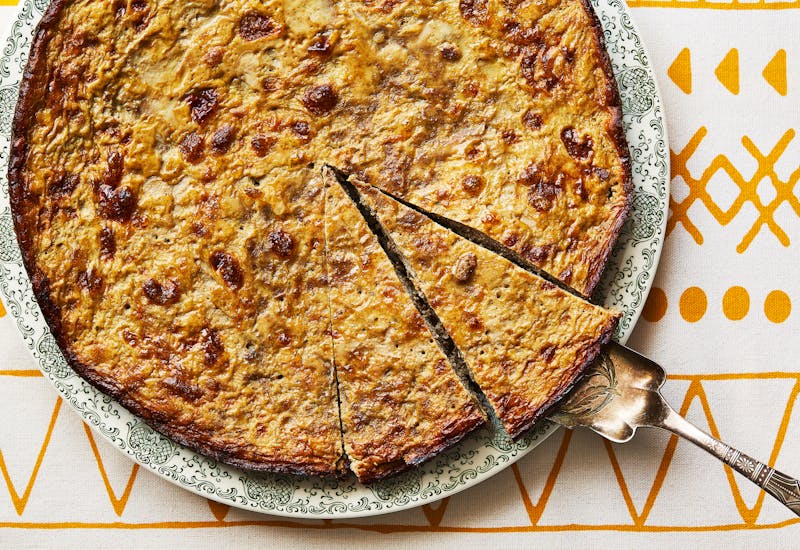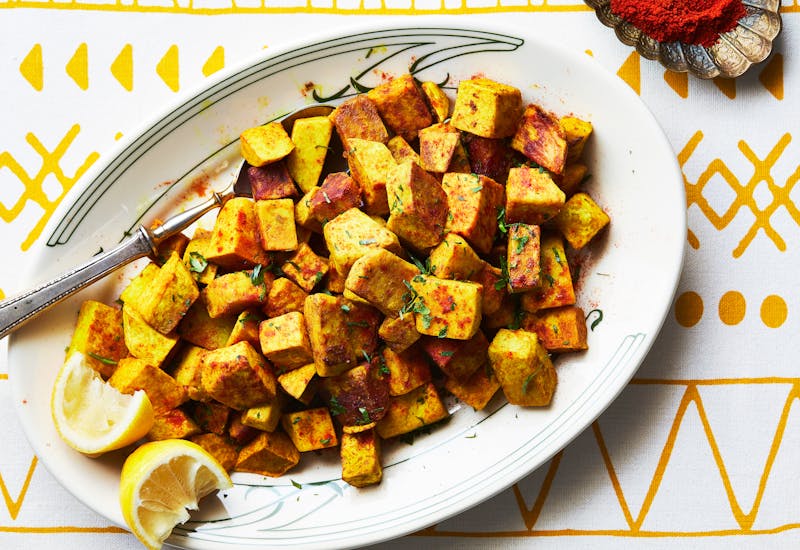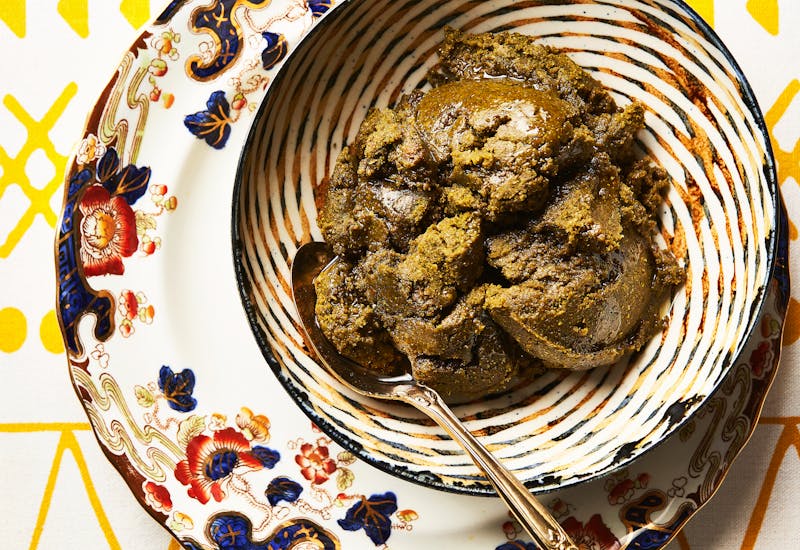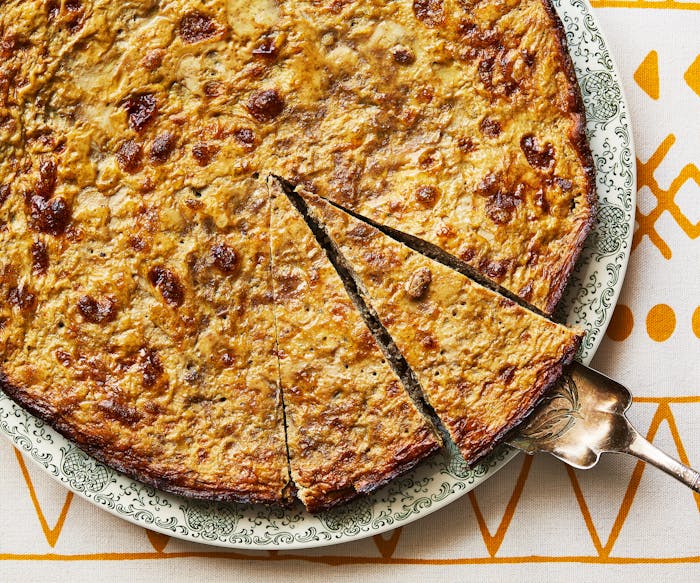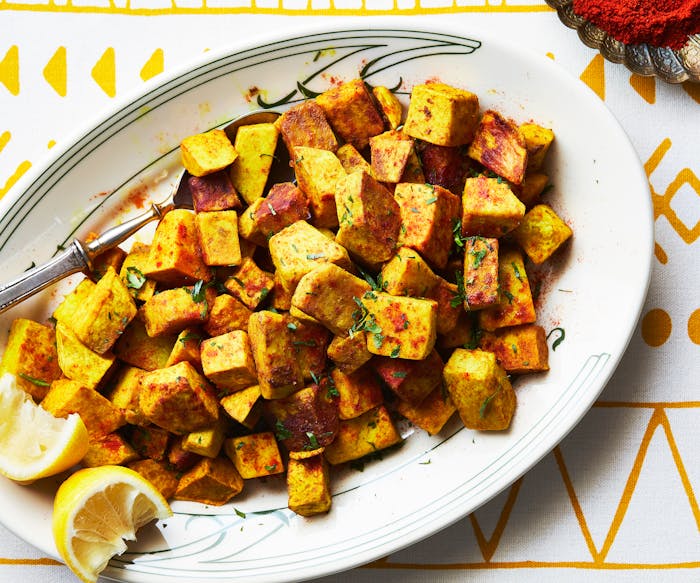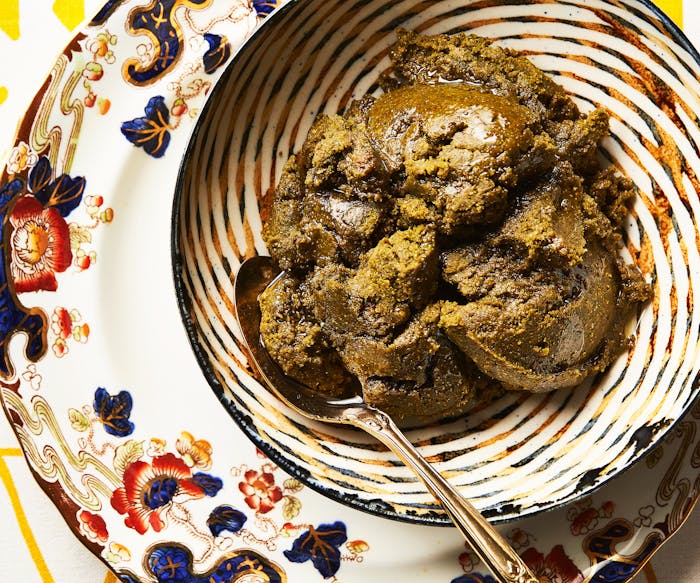Shared by Jackie Lichaa
From Cairo to San Francisco, Shabbat Lunch in Karaite Homes Is Always Served Cold
From Cairo to San Francisco, Shabbat Lunch in Karaite Homes Is Always Served Cold
Family Journey
Jackie Pessah was just 14 when she met Farid (who goes by Fred) Lichaa at a party in Cairo in the mid-1960s. “The moment he laid eyes on me he said ‘I’m going to marry her,’” she shares laughing. “He didn’t tell me, but he told everyone else.”
Both of their families are from the Karaite Jewish community, a small ancient sect of Judaism that follows the laws of the Tanakh (which includes the Torah), but not the Rabbinic Judaism that developed in the Diaspora.
Growing up in Cairo in the 1950s, Jackie remembers celebrating Purim and birthdays with aunts, uncles, and cousins, but Shabbat was spent with just her immediate family — with seven siblings it was “a community by itself,” she says. Before sunset on Friday, her mother Sarina and grandmother Rahel, who lived with them, would prepare dishes for Shabbat lunch like fresh pasta tinged with turmeric called tagareenas that was topped with za’atar, an herb paste packed with garlic. There was also meatloaf with ground coriander called metfuna and fried taro root called qolqas. In keeping with Karaite tradition — which follows a strict interpretation of the prohibition against kindling a fire on Shabbat — all of the dishes were served cold or at room temperature on Saturday.
***
The Jewish community of Cairo “was very strong at one point,” Jackie explains, but it started to unravel in the middle of the 20th century as Israel declared independence in 1948, Gamal Abdel Nasser rose to power in the 1950s, and the Suez Crisis happened in 1956. Karaite Jewish families left in large numbers in what’s sometimes referred to as the second Exodus. But Jackie’s family chose to stay for a time. “We were almost the last people to leave,” she explains.
She still recalls a mannequin of a Jewish man with a star of David being hung in the city. “Of course we felt scared, but we were still protected by the family, by our doorman, by the school,” Jackie says. But when the Six Day War in 1967 broke out, her father and two of her brothers were sent to internment camps for two years along with other Jewish men who remained in the country.
Her family made plans to leave shortly after. With the help of someone from the Jewish community who organized a bus for 32 Karaite Jews, she traveled with her mother, aunt, and some of her siblings and cousins from Cairo to Alexandria where they boarded a large ship. Despite being born in Egypt, they didn’t have citizenship or Egyptian passports; instead they had a type of stateless status, but somehow, were able to get a pass, Jackie recalls. “And of course they left [us] all the way at the bottom of the boat, but we were lucky to be alive… After we left, they stopped the immigration. We were the first and last group leaving at that time.”
They sailed to Rome and with the help of HIAS ultimately made it to San Francisco where many from Cairo’s Karaite community had already settled, including her father’s relatives. Jackie remembers she didn’t feel scared because the community supported and guided them. They found her family an apartment and helped her mother get a job; Jackie finished high school at a school for immigrant students in the Mission District. And while the Karaite community didn’t have a synagogue in the Bay Area at the time, they would gather to pray in people’s homes, keeping their ancient customs alive.
Fred’s family had arrived in San Francisco just a few months before Jackie and in November of 1968 they reconnected at a Thanksgiving dinner at his cousin’s home. Fred kept his promise from when they were teenagers. In 1973, they got married — with Jackie wearing a dress her mother had made by hand.
We would like to thank Jackie and Fred’s son Shawn Lichaa for helping us connect with his family. For more Karaite recipes, please visit The Karaite Kitchen.
